Get the 10 Day Peaceful Parent Challenge eCourse and our Diffusing Aggression with Connection eCourse for FREE when you buy the Peaceful Parent Step by Step eCourse! For a limited time only.
Find out more here.
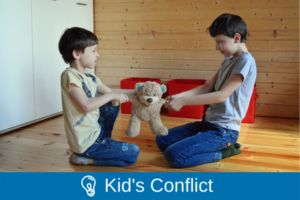
*Optionally you can get lifetime access to all of our current and future eCourses via the Peaceful Parent Suite.
Kids Conflicts and Sibling Rivalry eCourse
This eCourse teaches truly respectful and constructive approaches that helps the parent or teacher become a skillful, empathic and confident mediator who can support children through conflicts in a way that fosters in them highly valuable conflict resolution skills that will serve them for life.
Although these are quite complex skills to learn and apply, this course has been specifically designed to make the complex more simple and understandable, so you can confidently guide children through even the trickiest conflict.
Our kids conflicts eCourse will equip you to:
• help your child develop the skills to manage the difficult emotions that build up in their young bodies,
• Adopt simple mindfulness approaches to help the child overall maintain a more calm and secure sense of themselves,
• give them the skills to express their feelings more appropriately,
• equip them with the listening skills to hear and acknowledge their sibling (or friend as the case may be),
• support the child to brainstorm and better solve their problems.
• Better identify and manage the feelings that kids conflicts trigger in you.
The course contains videos, audios, text, printable resources and reflection questions.
| Module 1 | Kid's Conflicts eCourse |
|---|---|
| Unit 1 | Unit 1: H.E.L.P Kids with Conflict |
| Unit 2 | Unit 2: Helping Children to Problem Solve |
| Unit 3 | Unit 3: Problem Solving Scripts |
| Unit 4 | Unit 4: Sibling Rivalry - Why Punishment Makes it Worse |
| Unit 5 | Unit 5: Related Articles |

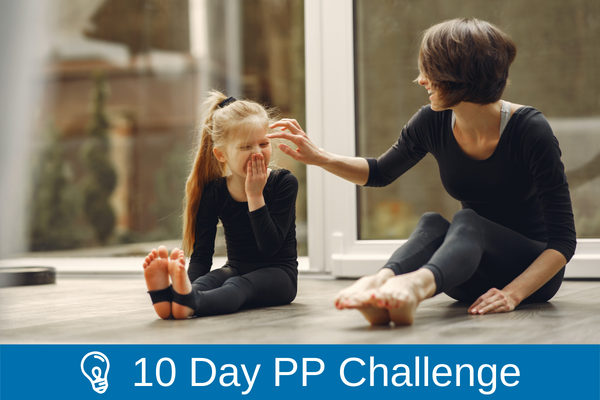

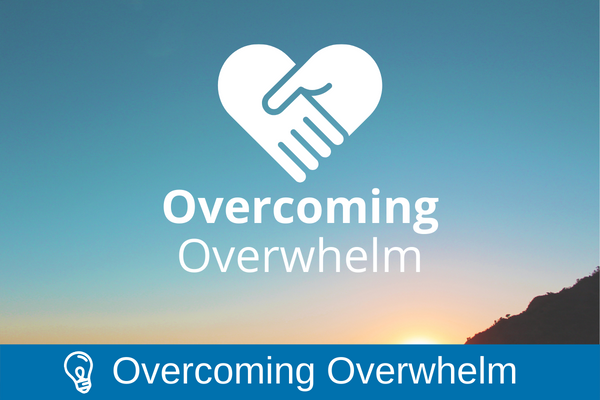
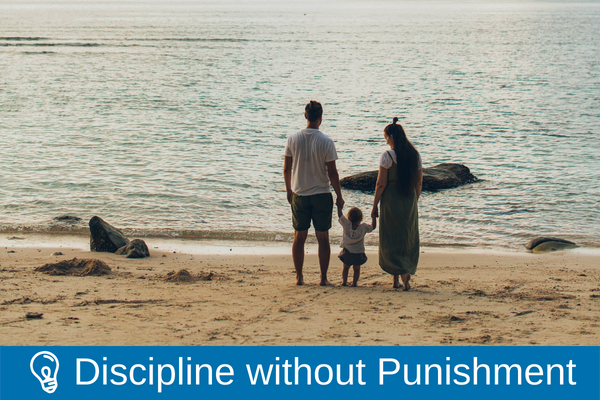
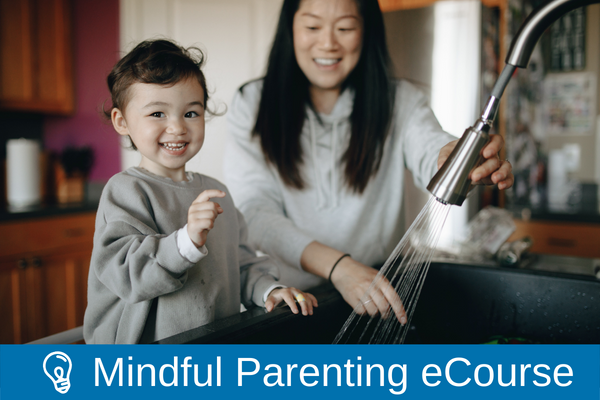
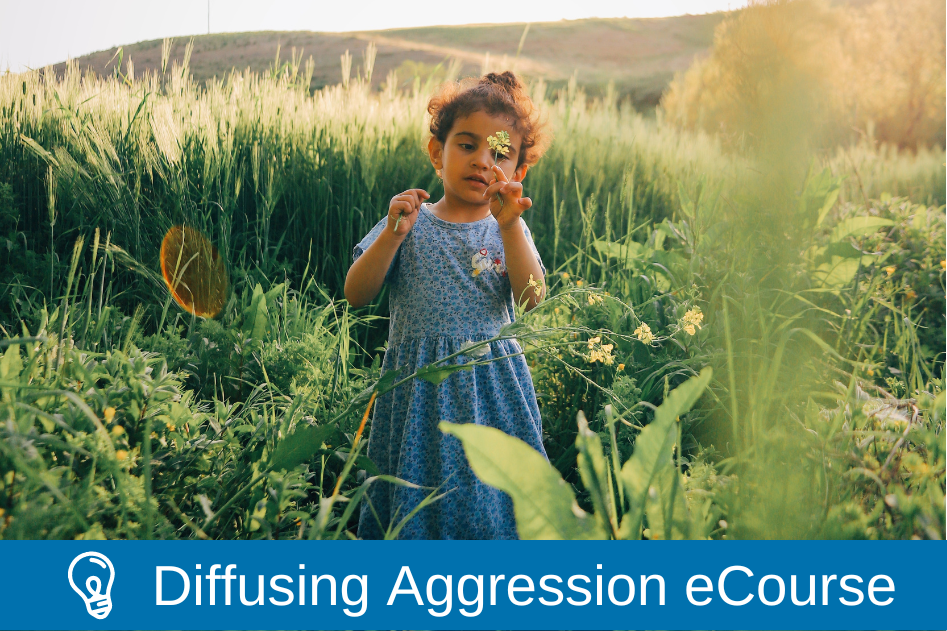

[…] family situation, your difference of approach will be noticed by other adults as soon as your child experiences some sort of conflict, be it with other children or an adult. Perhaps the child reacts to a relative in a way that the […]